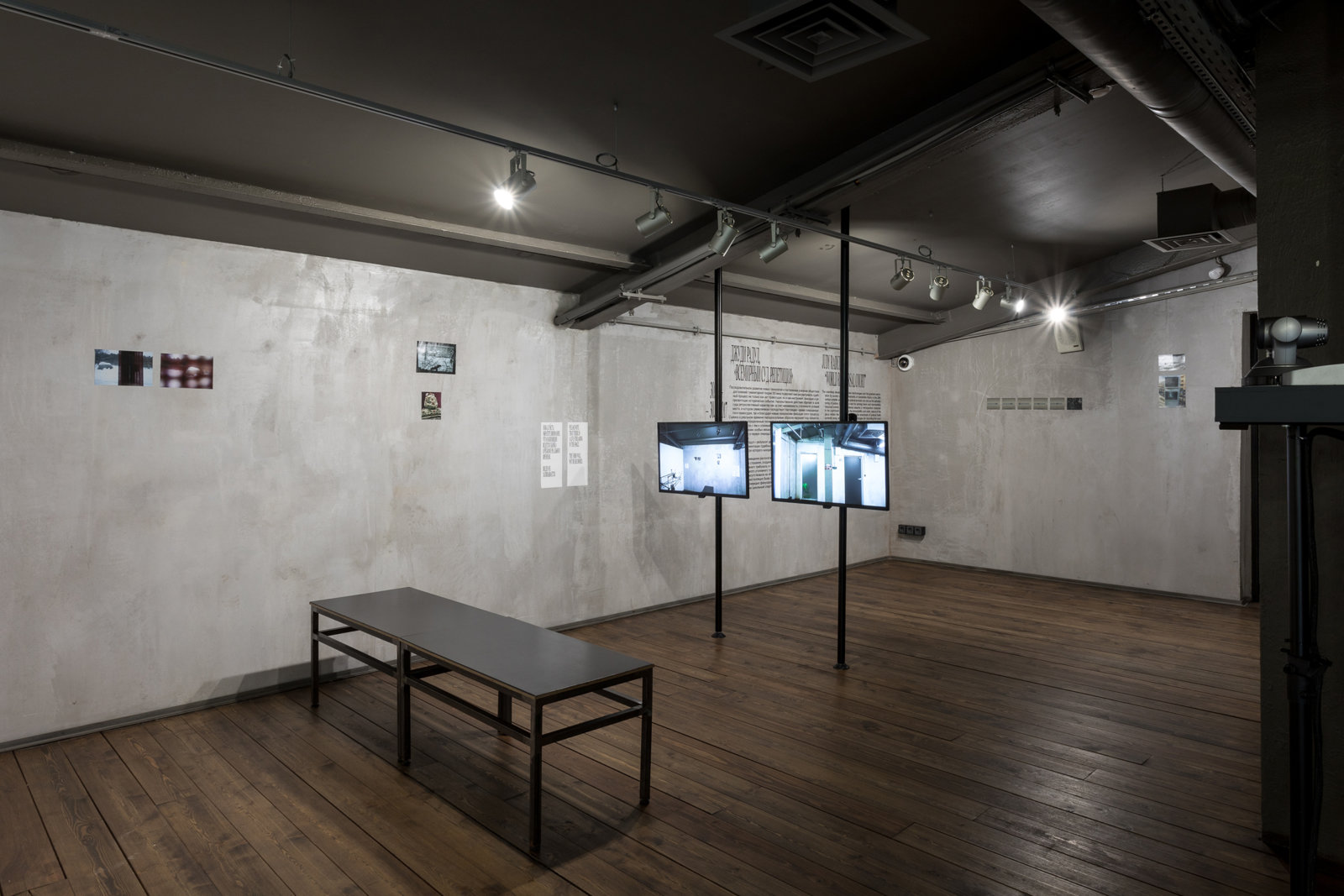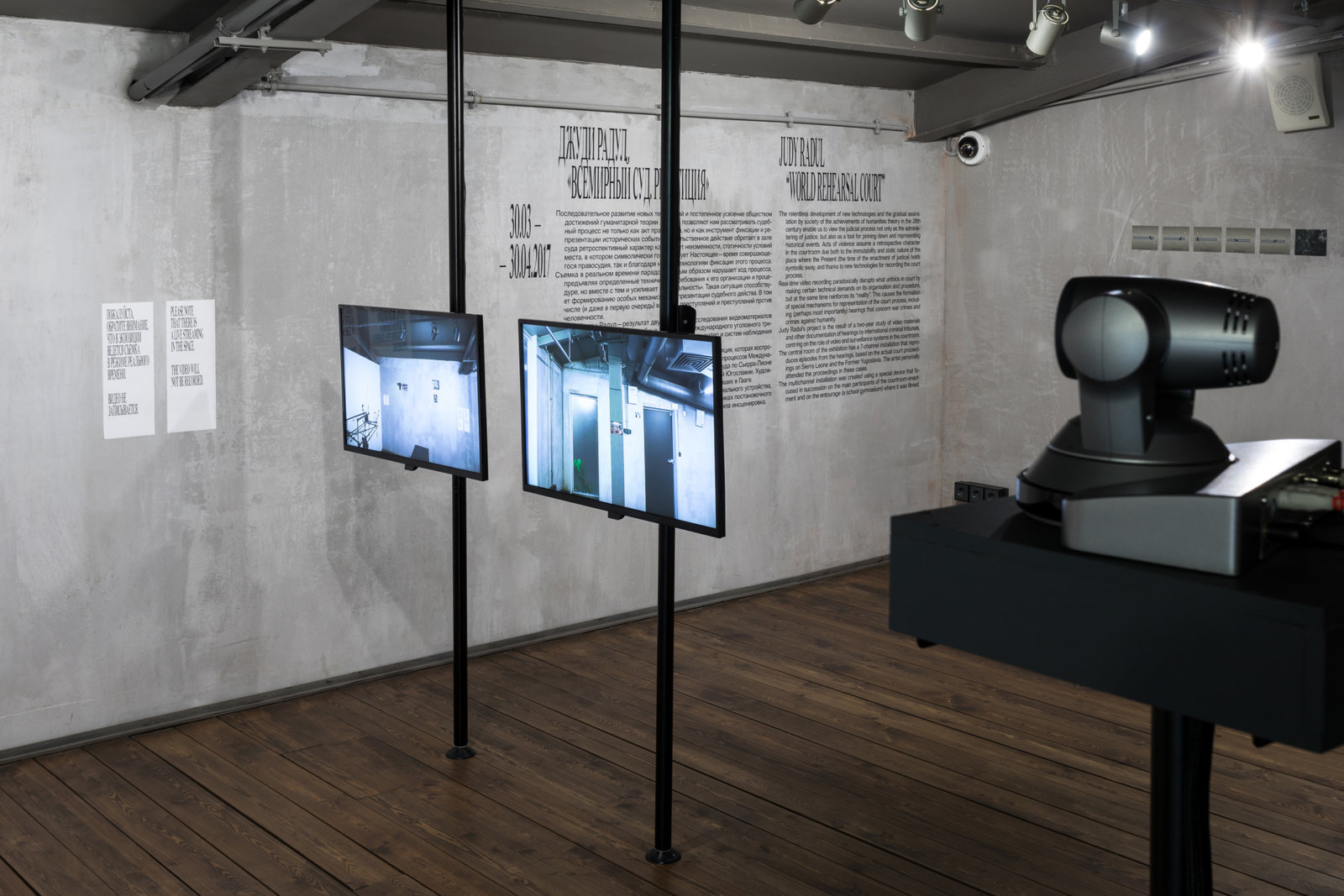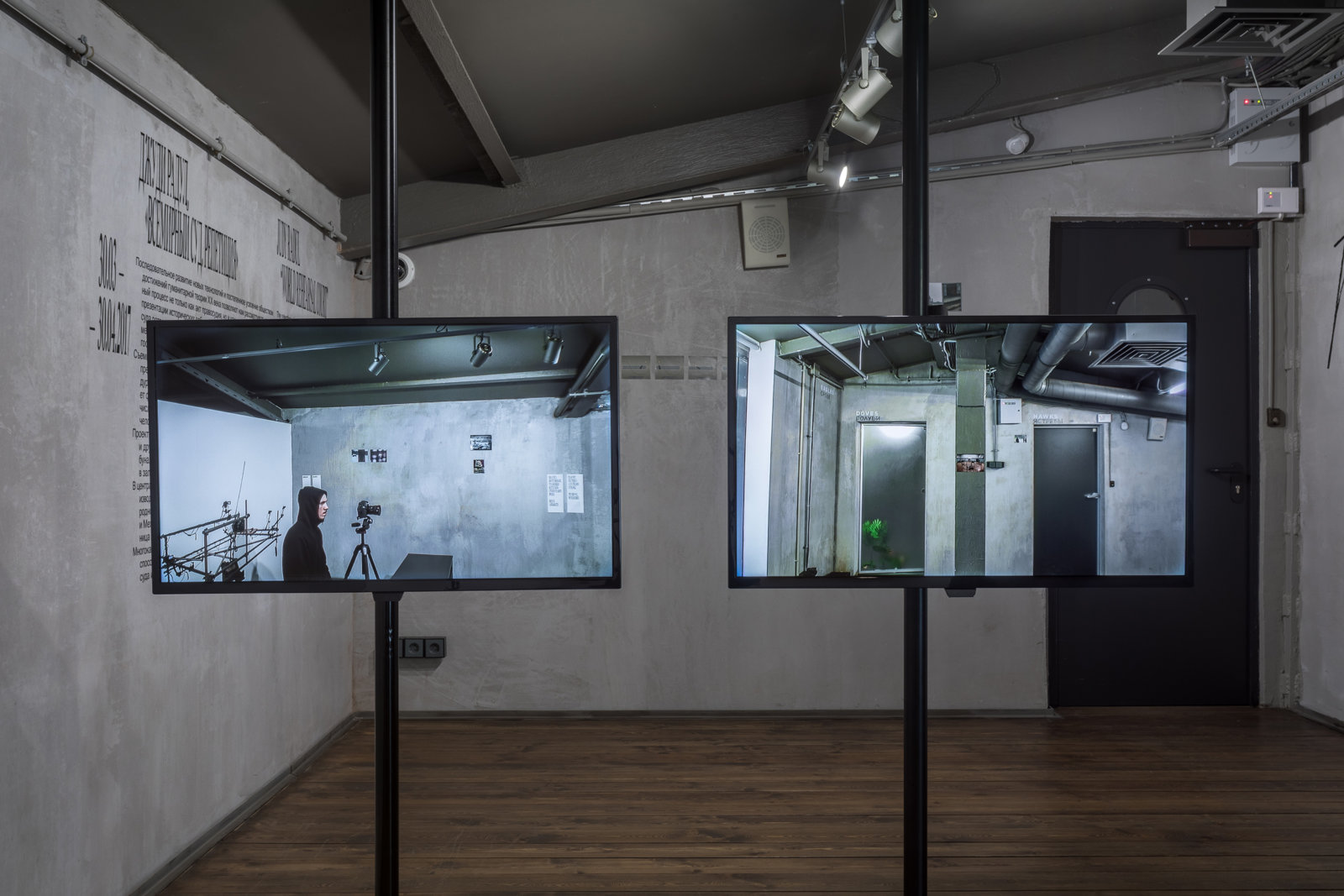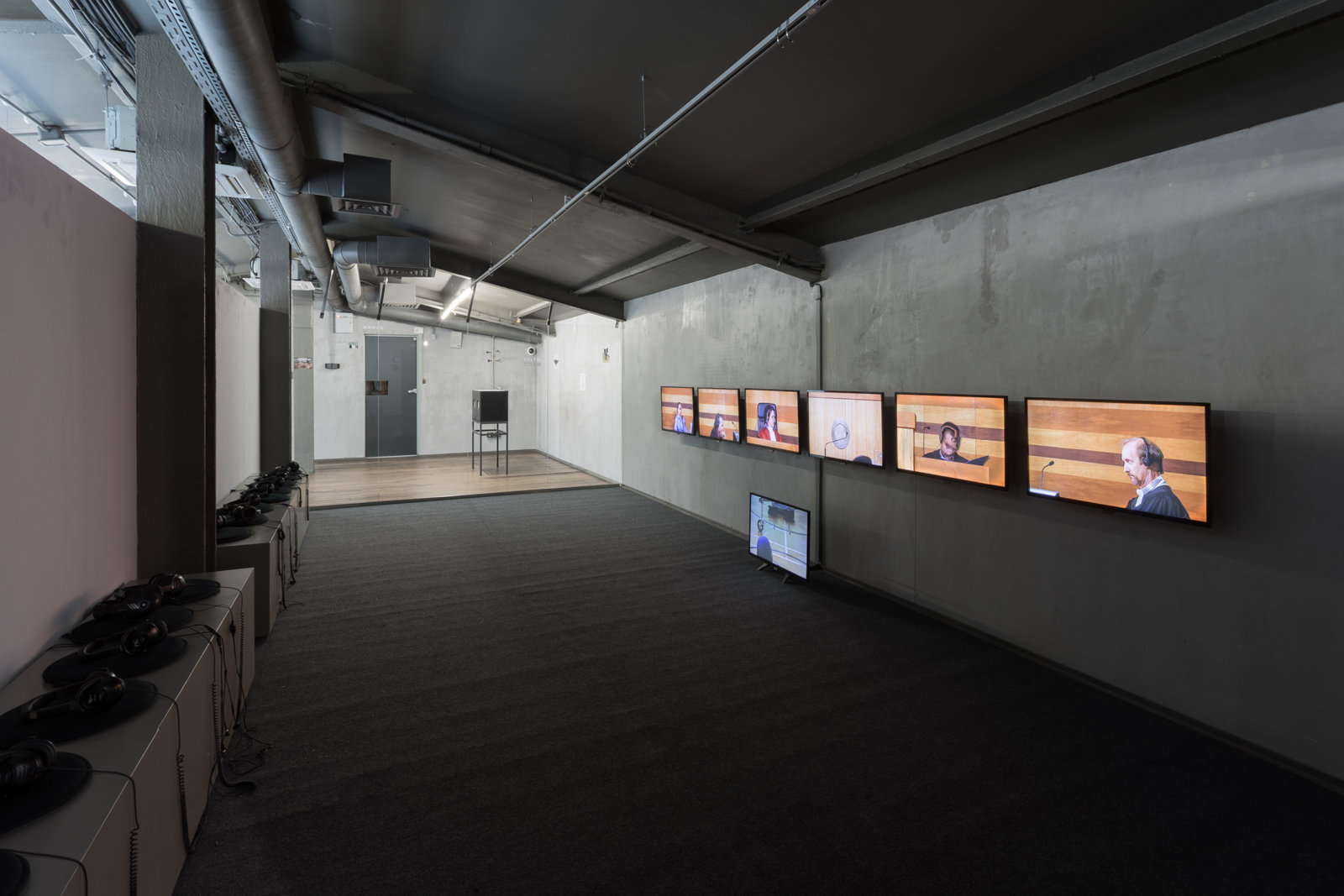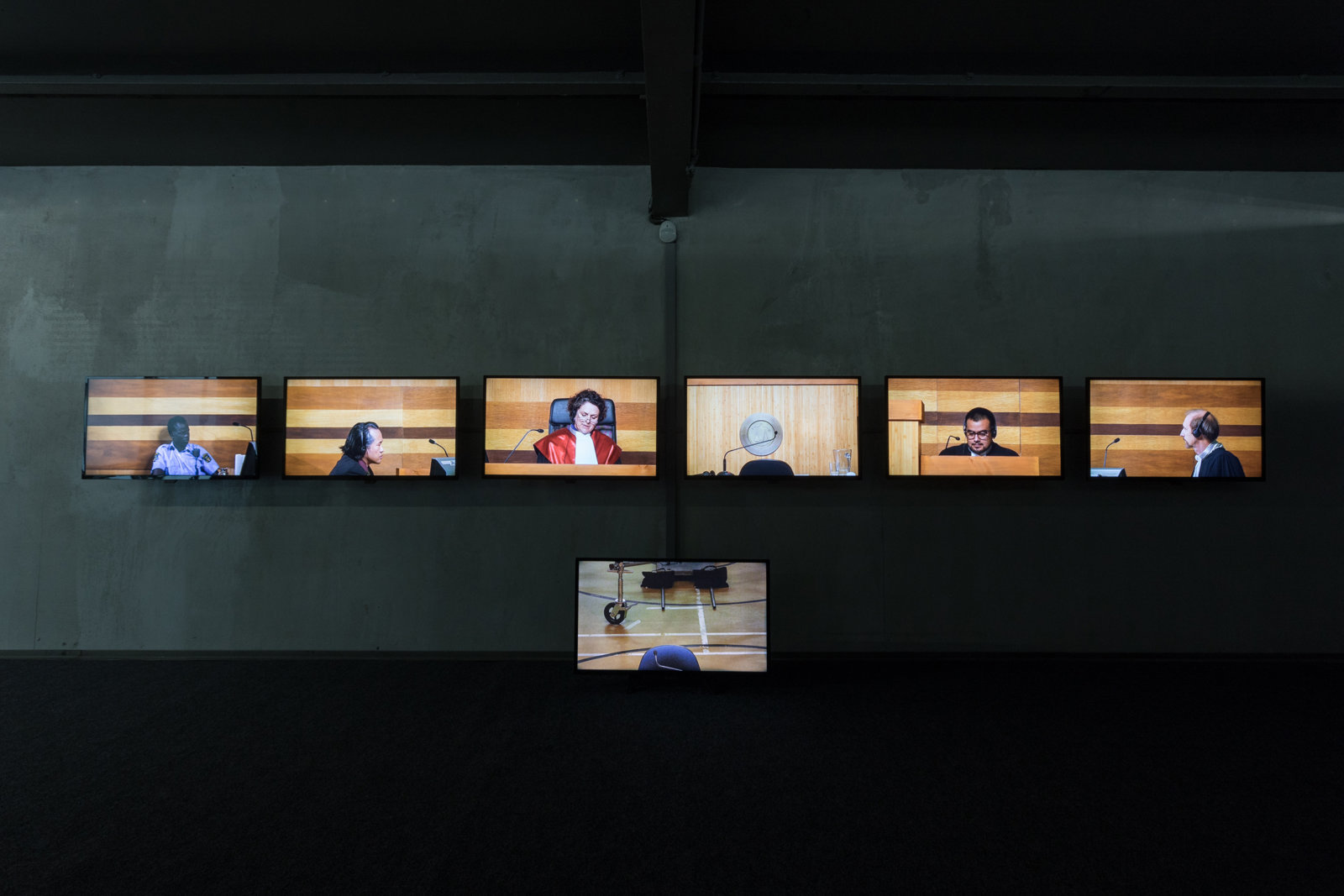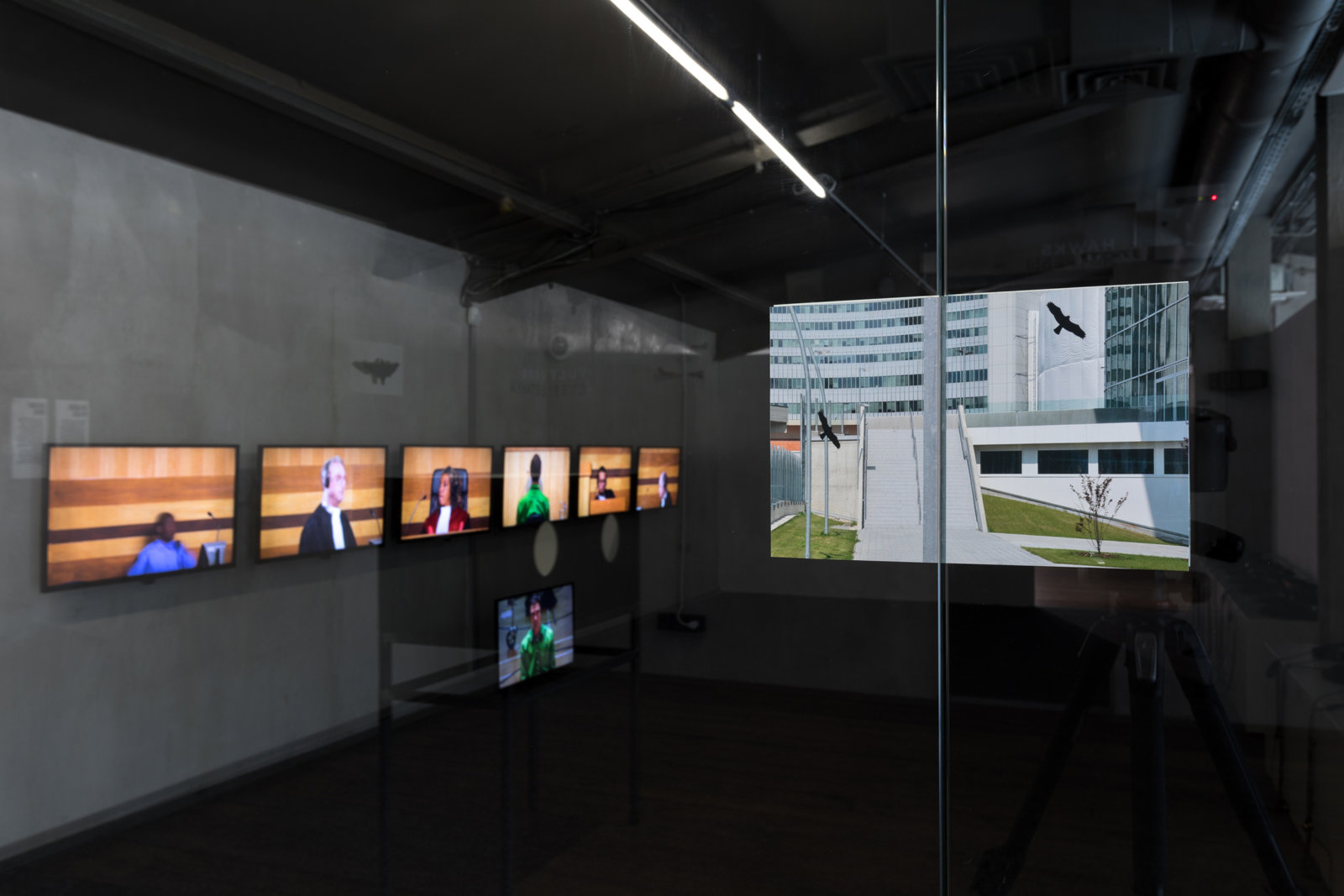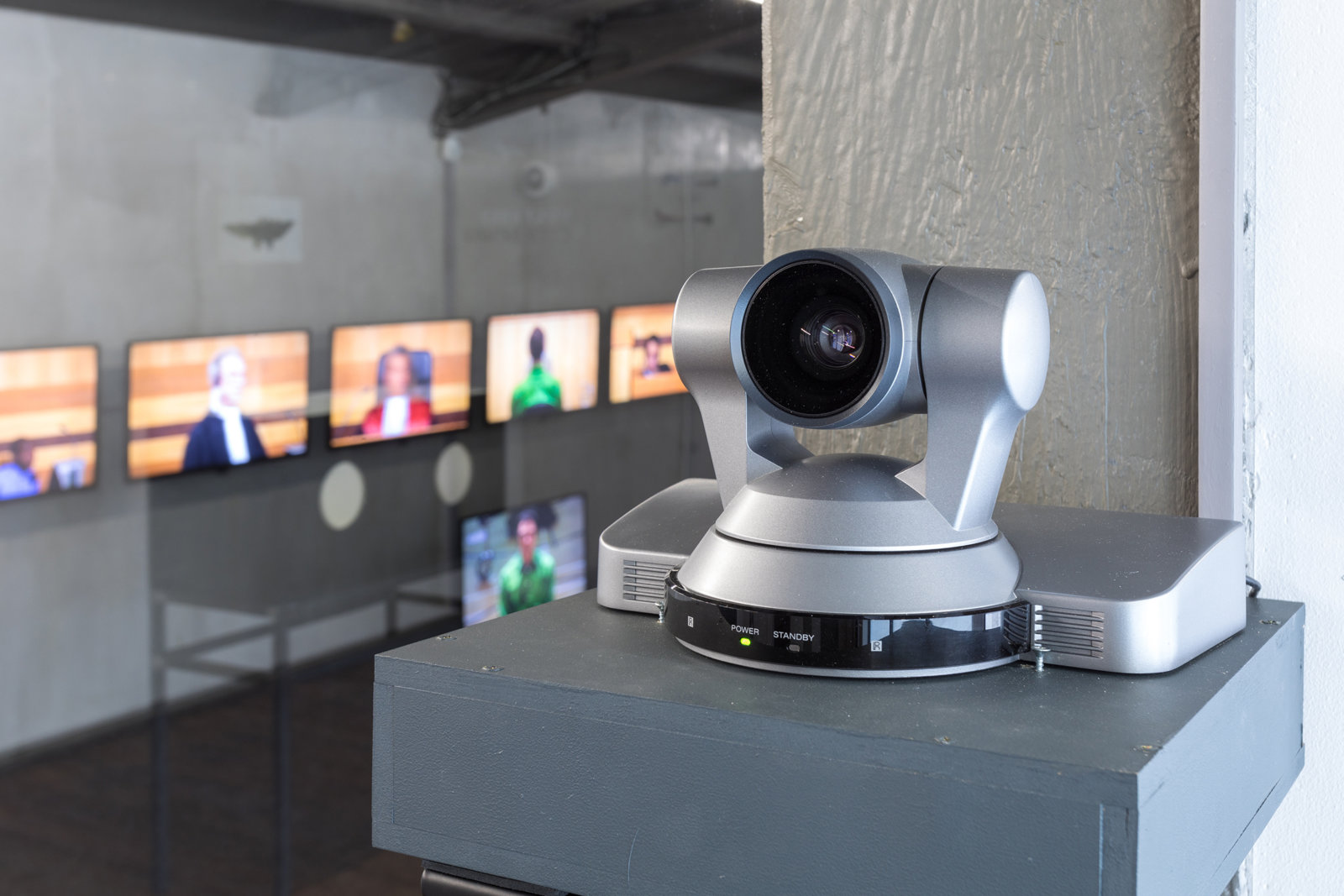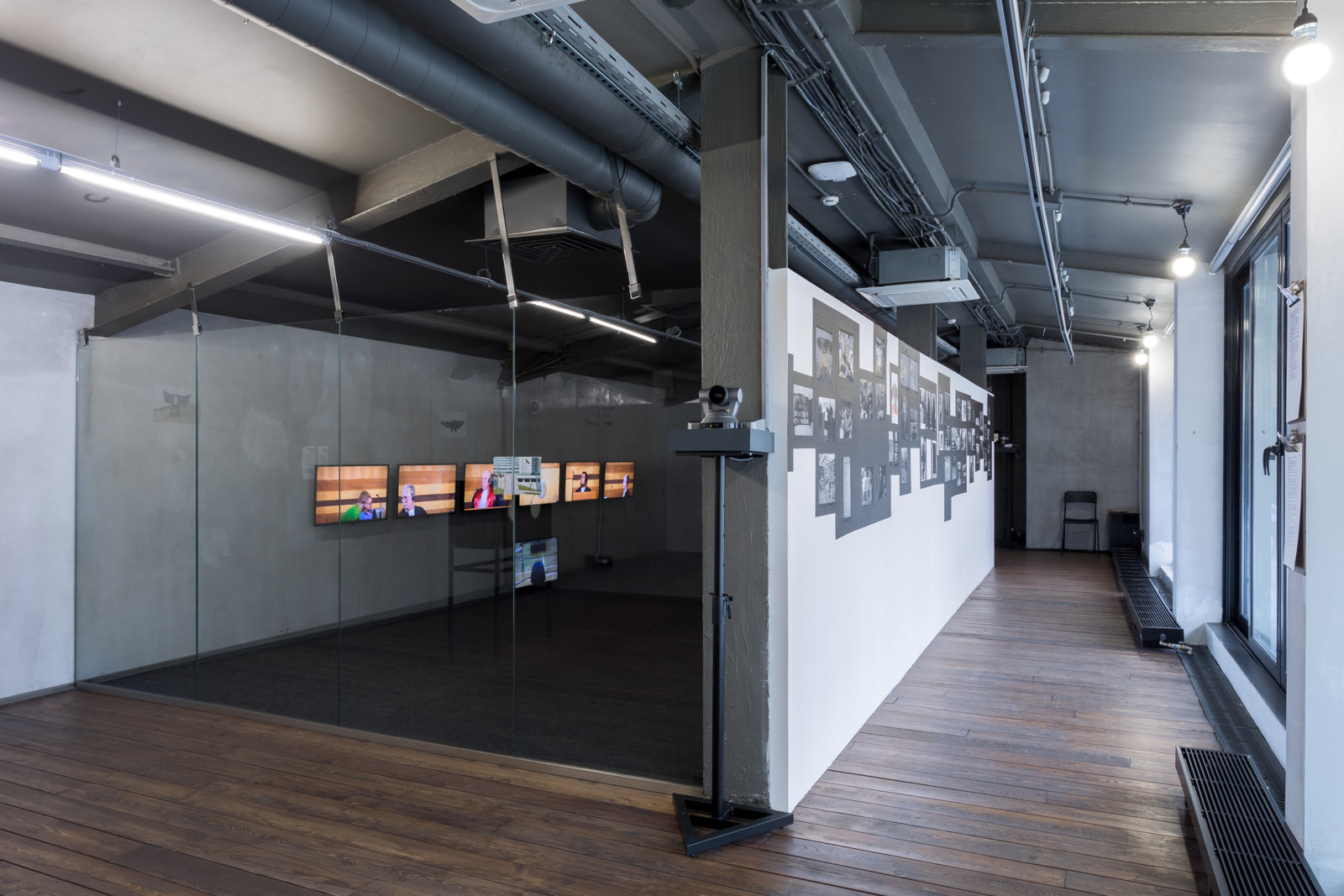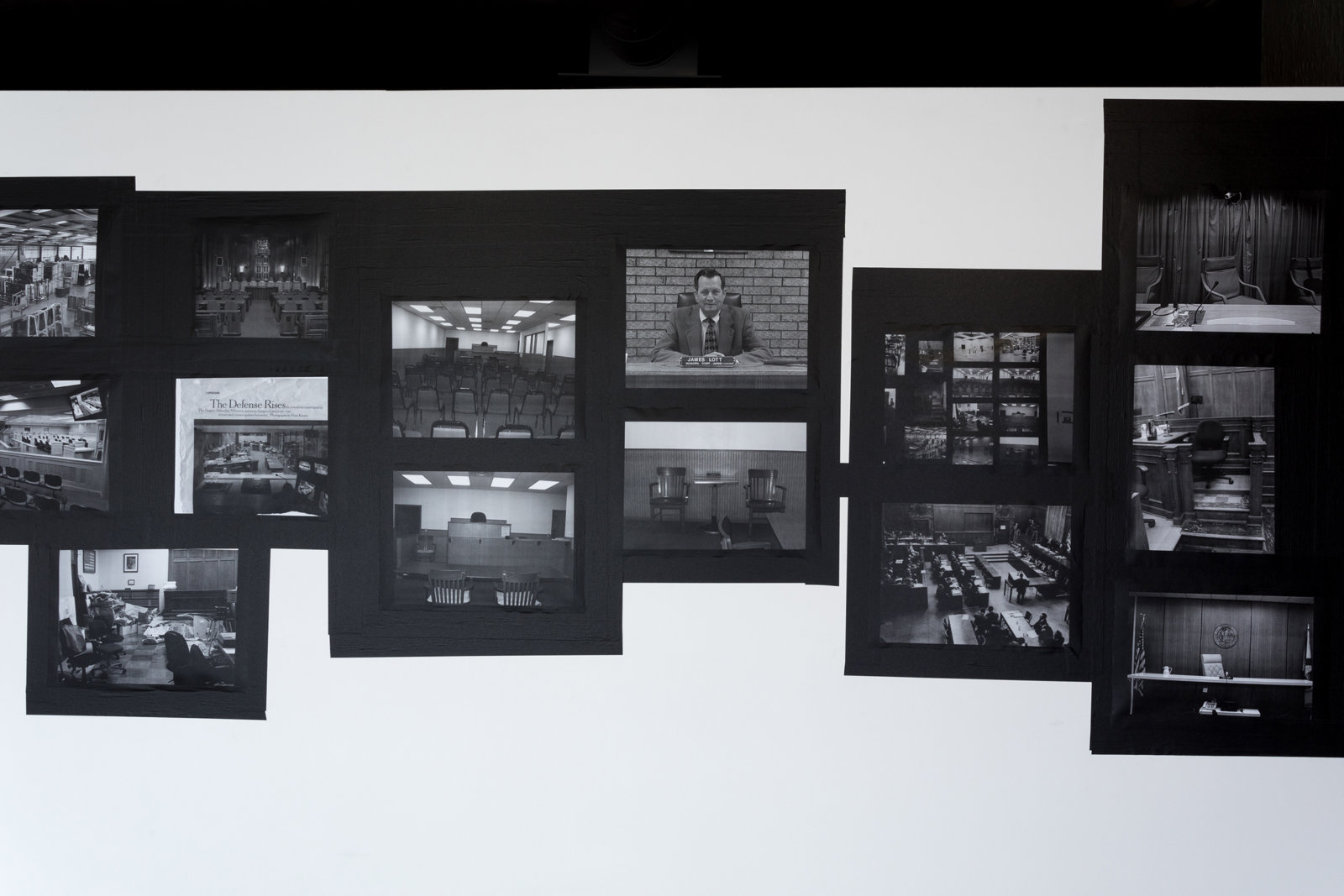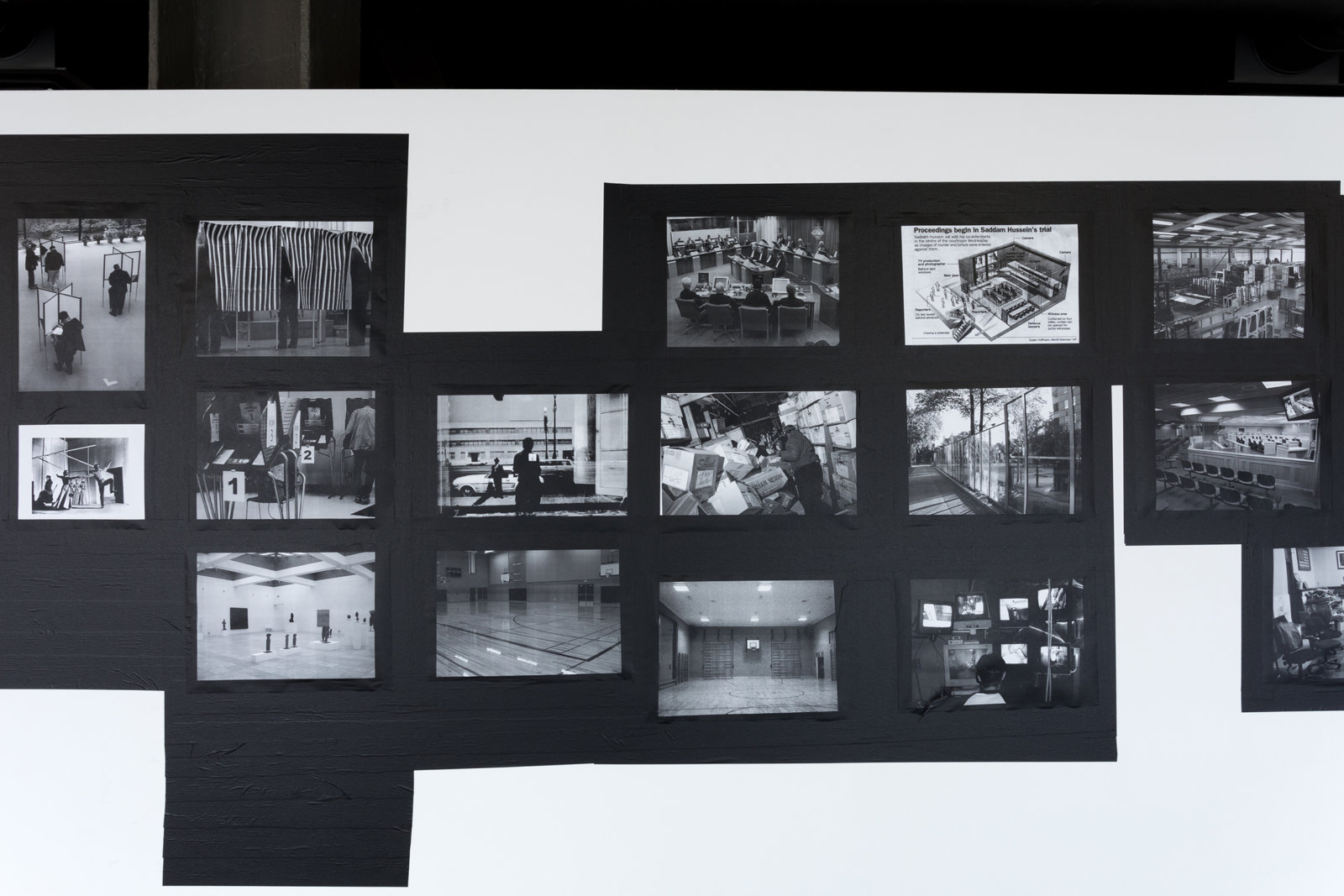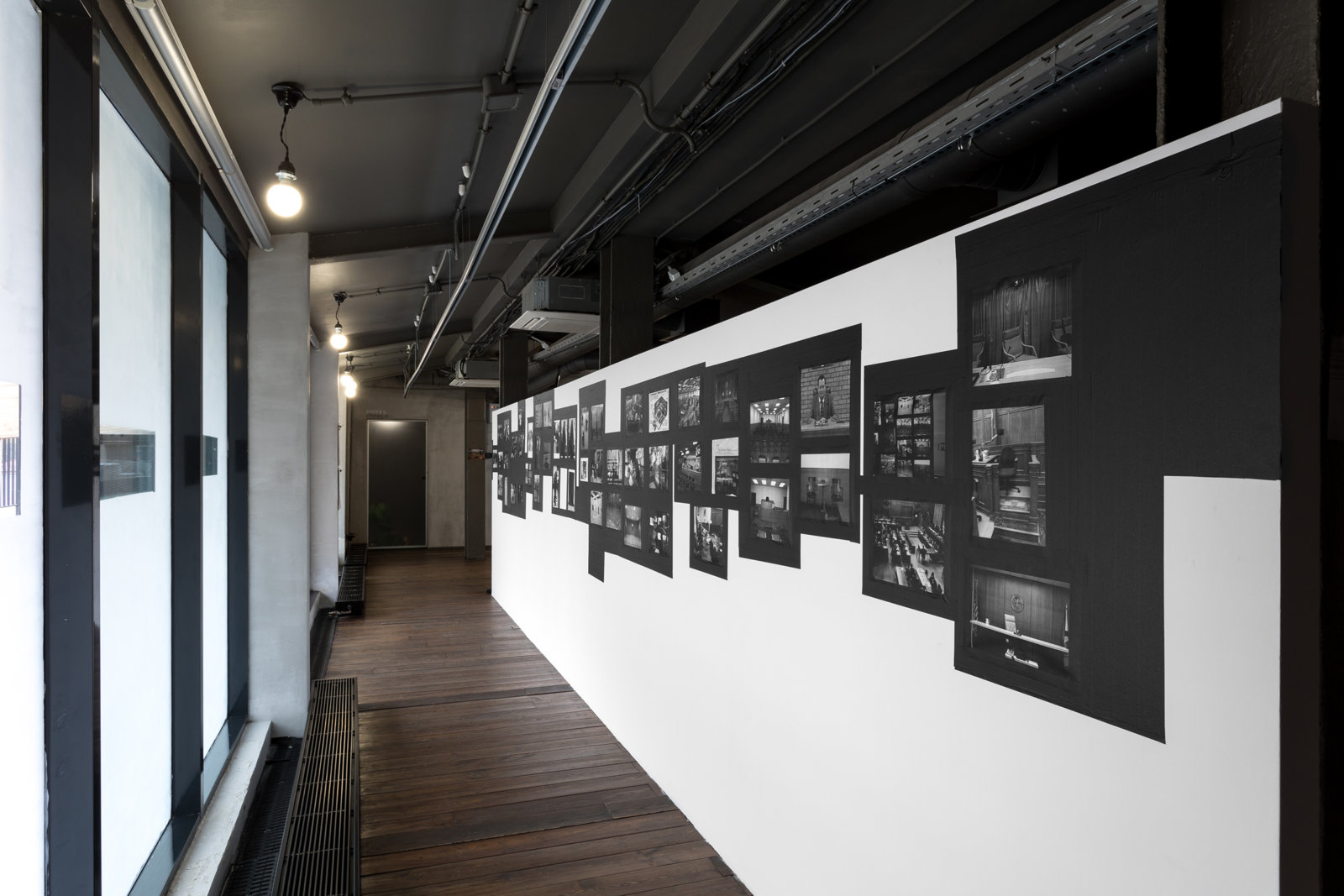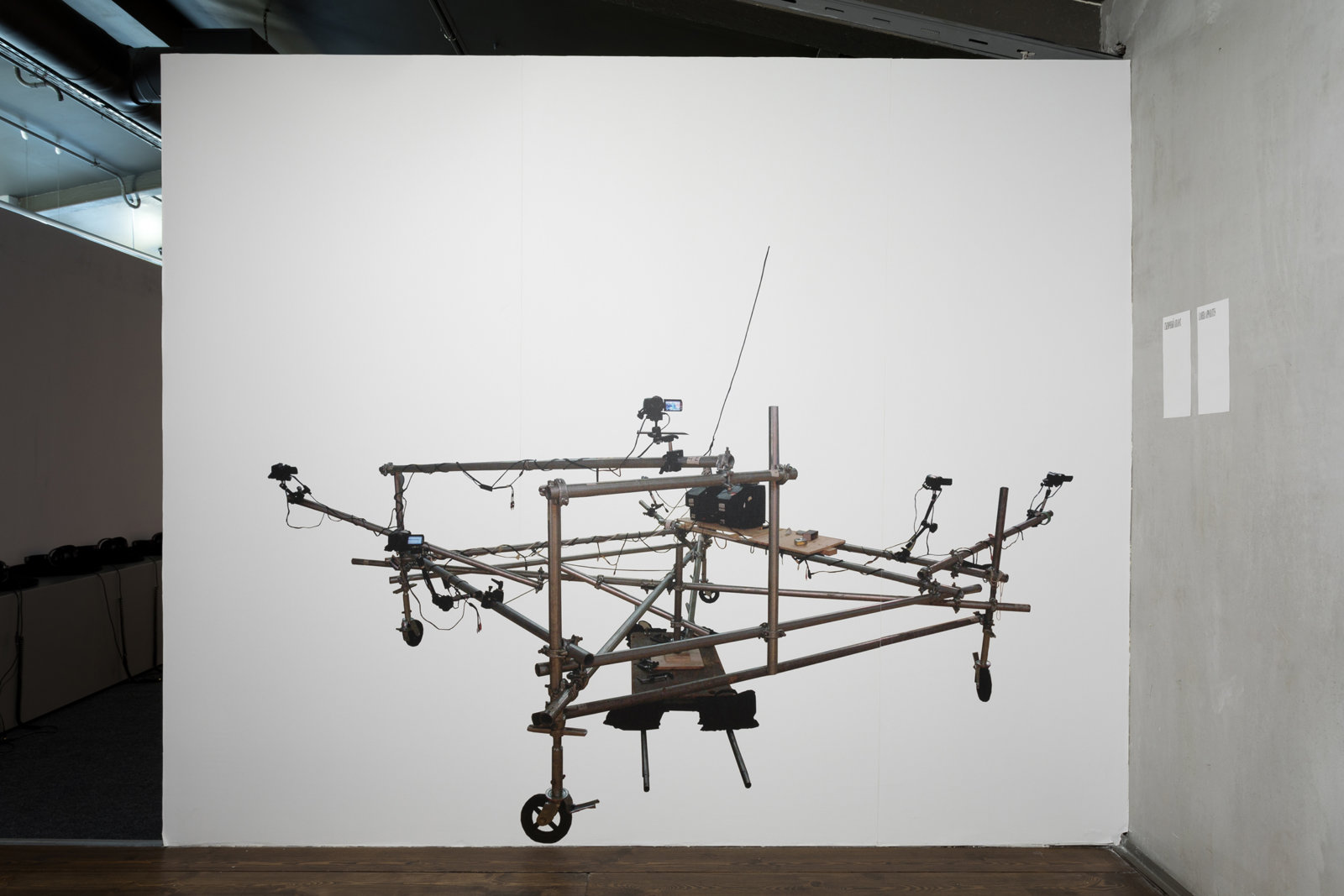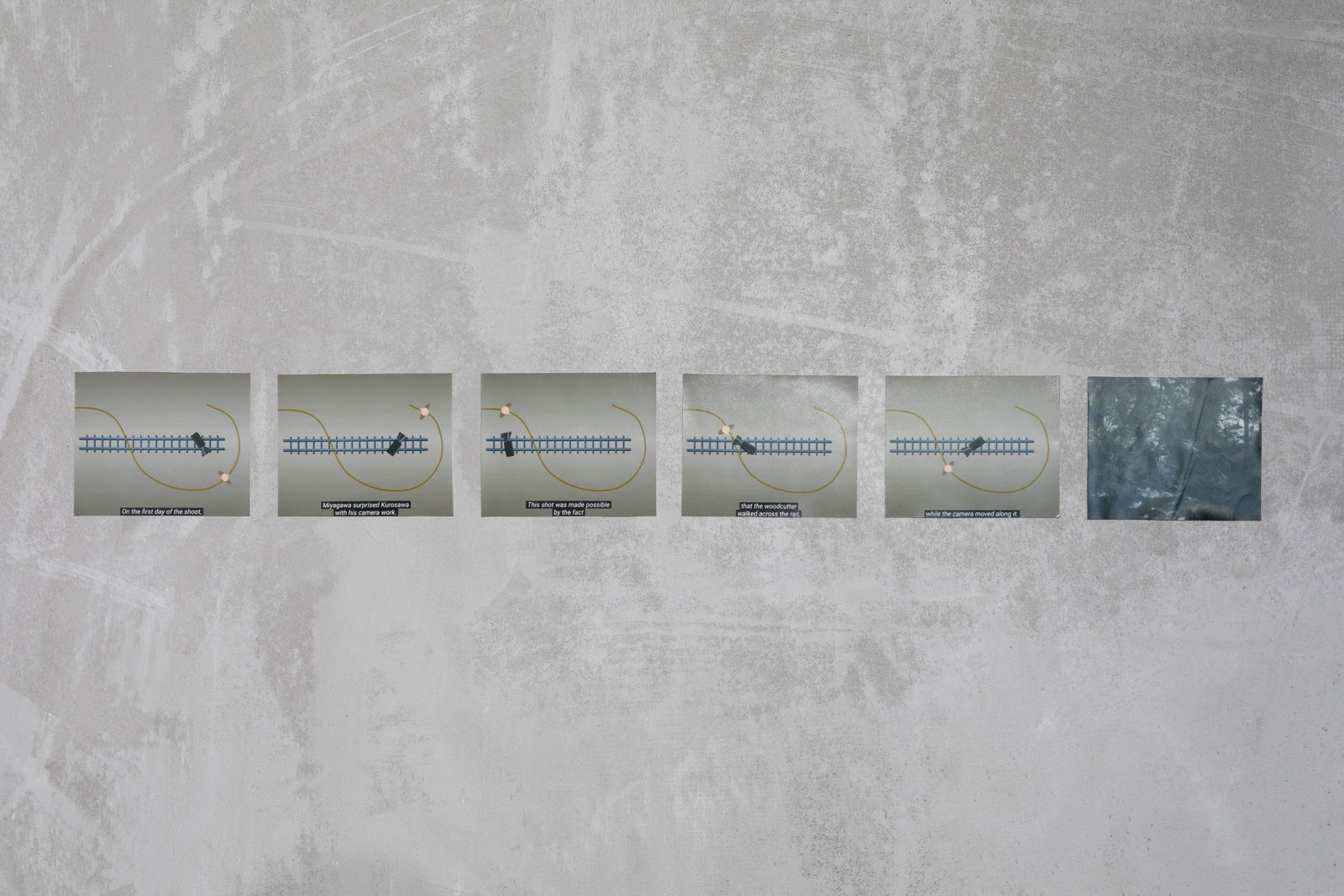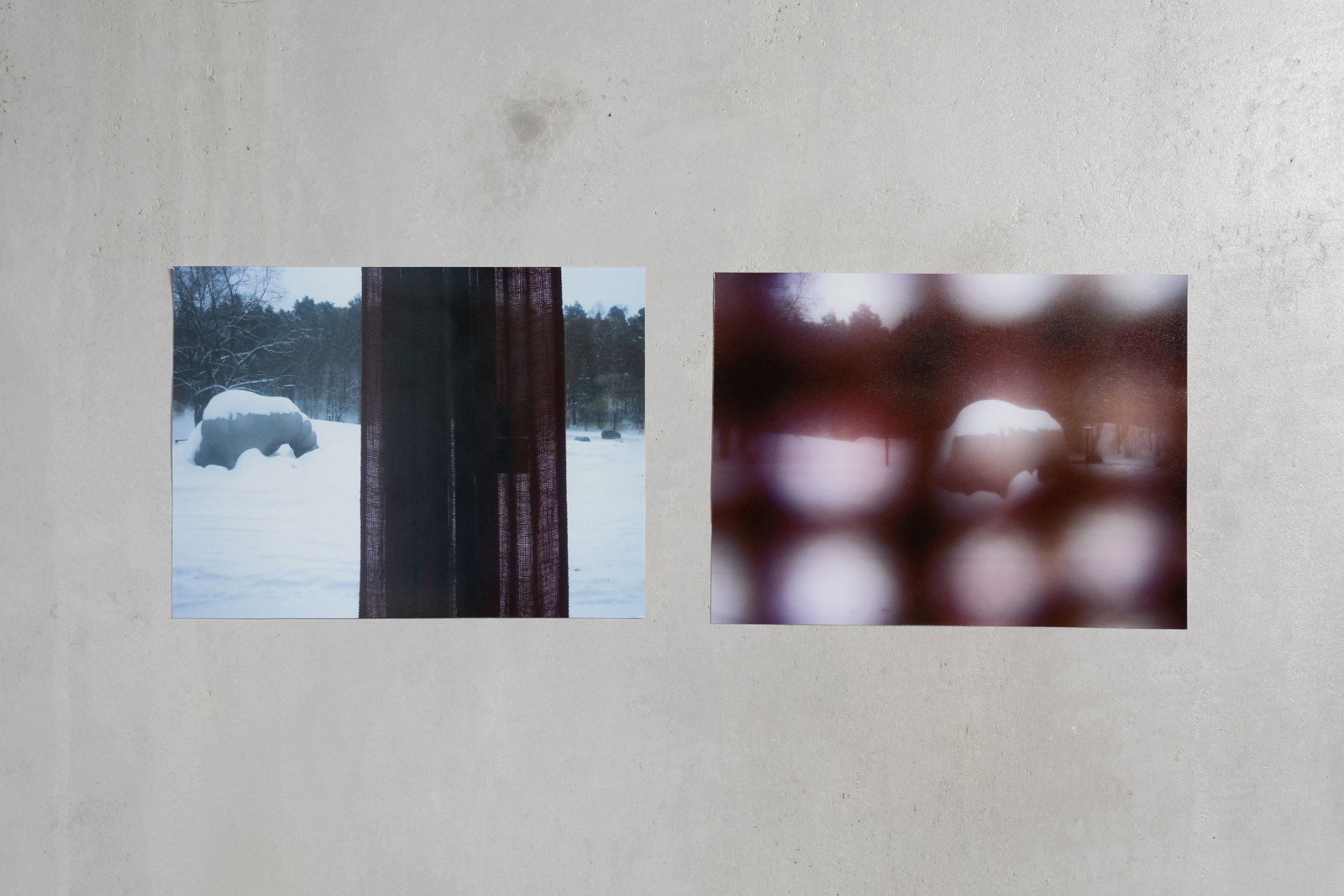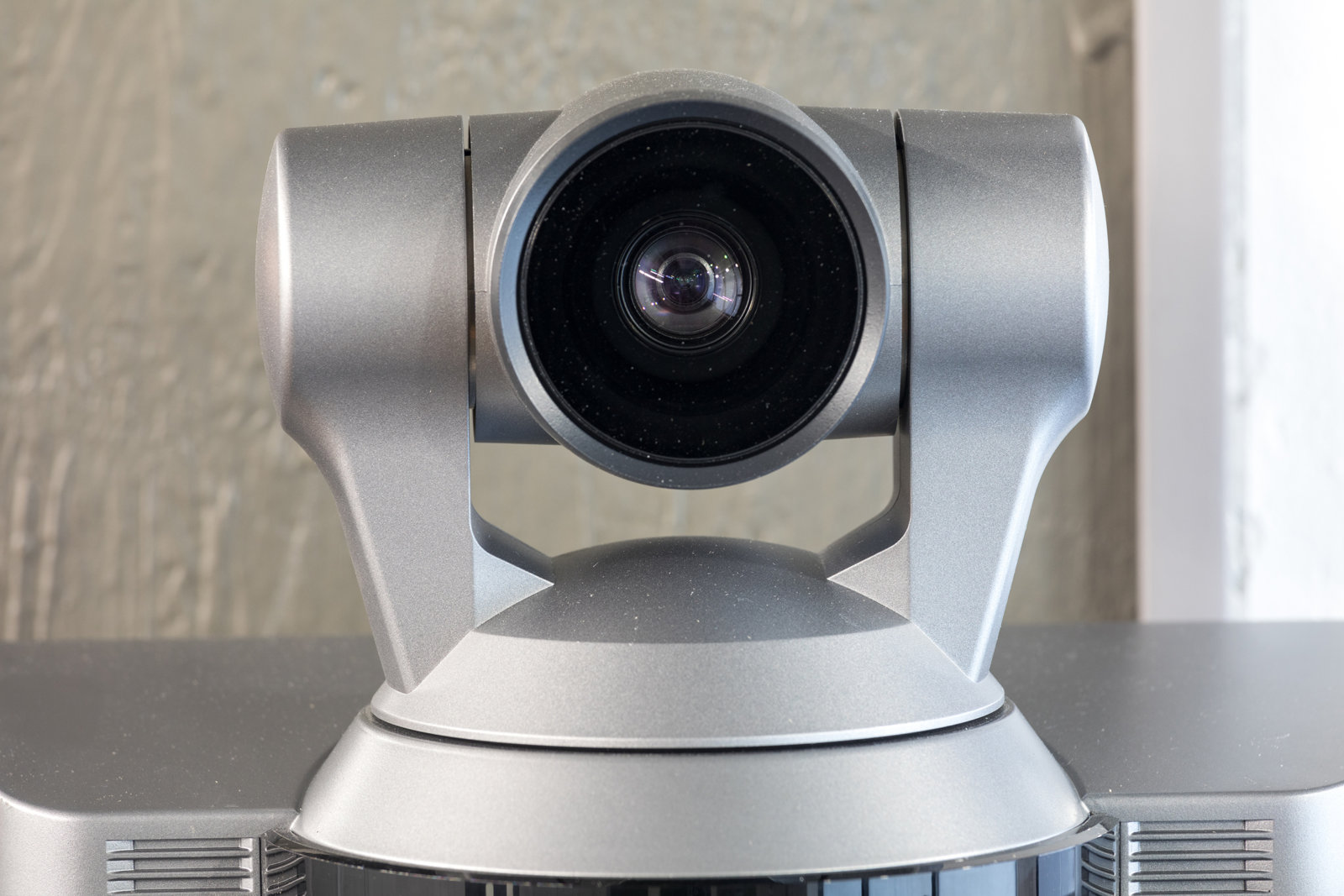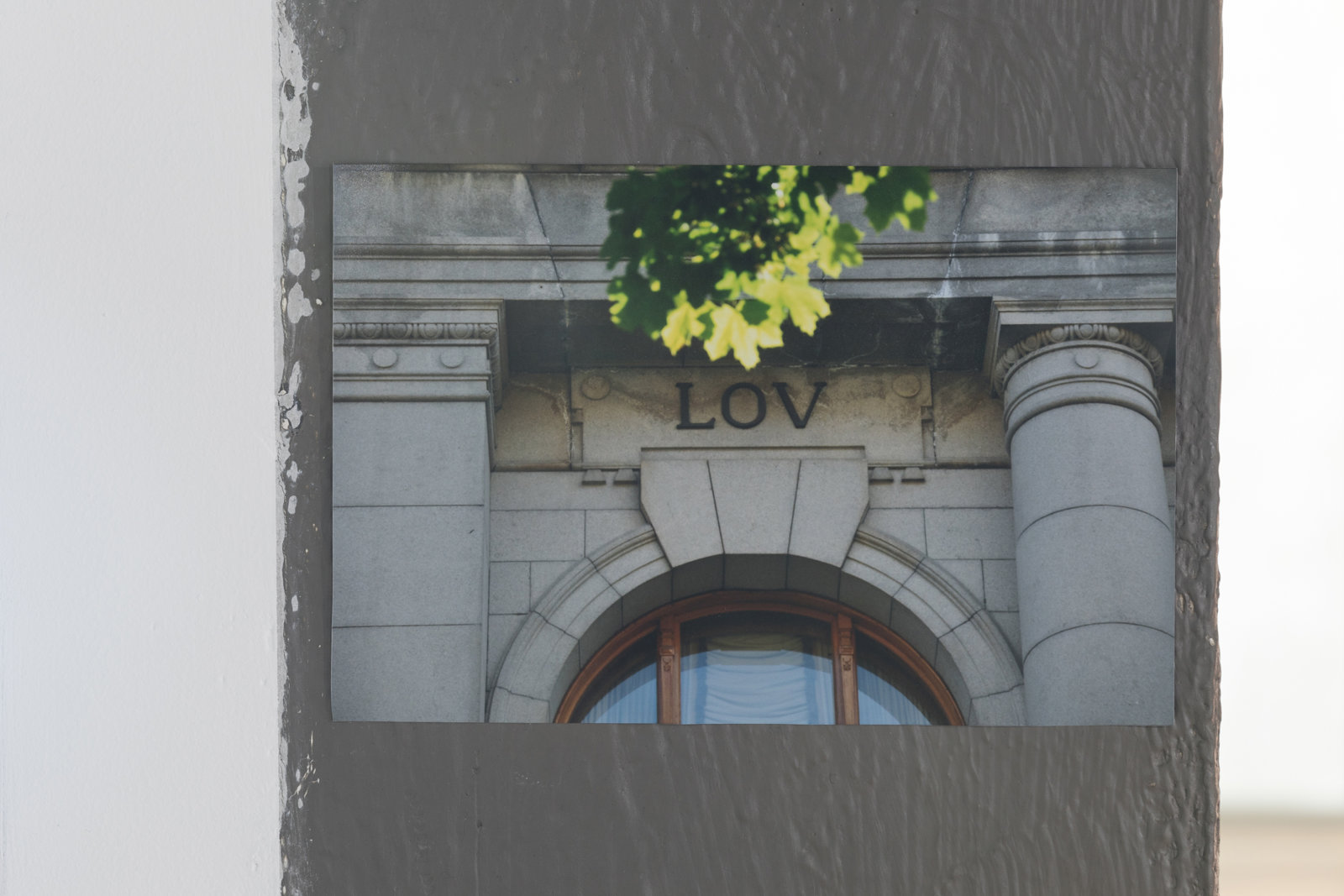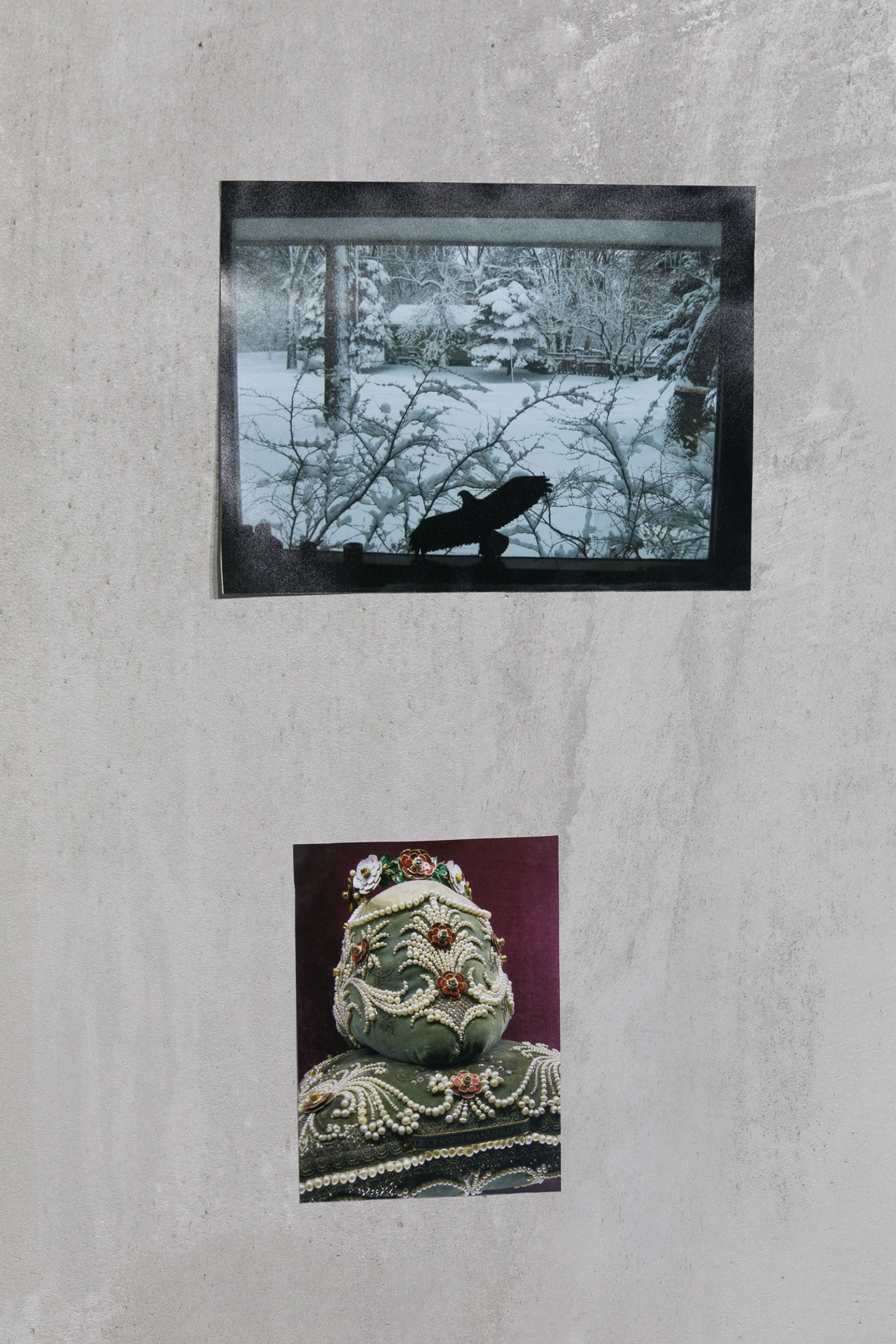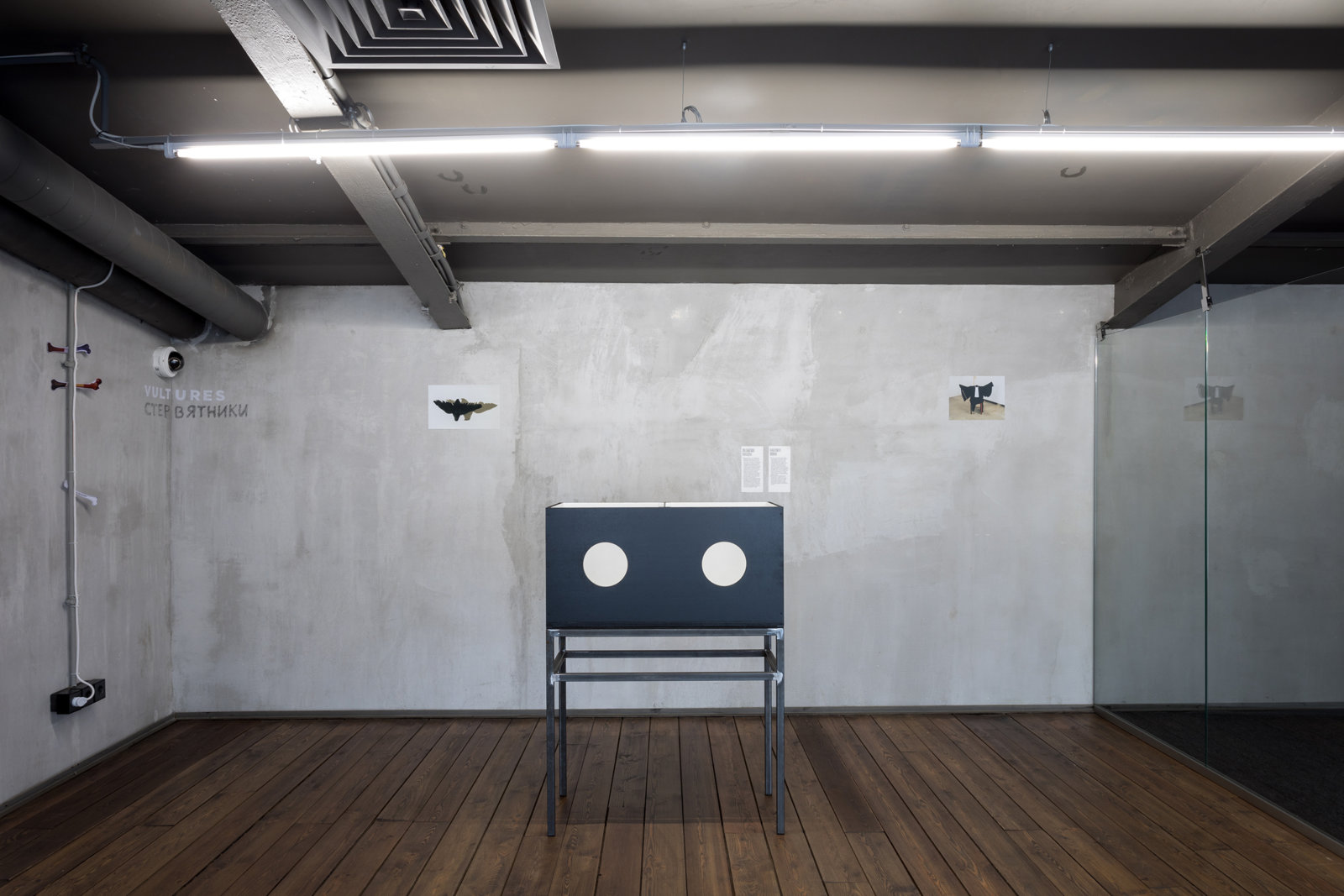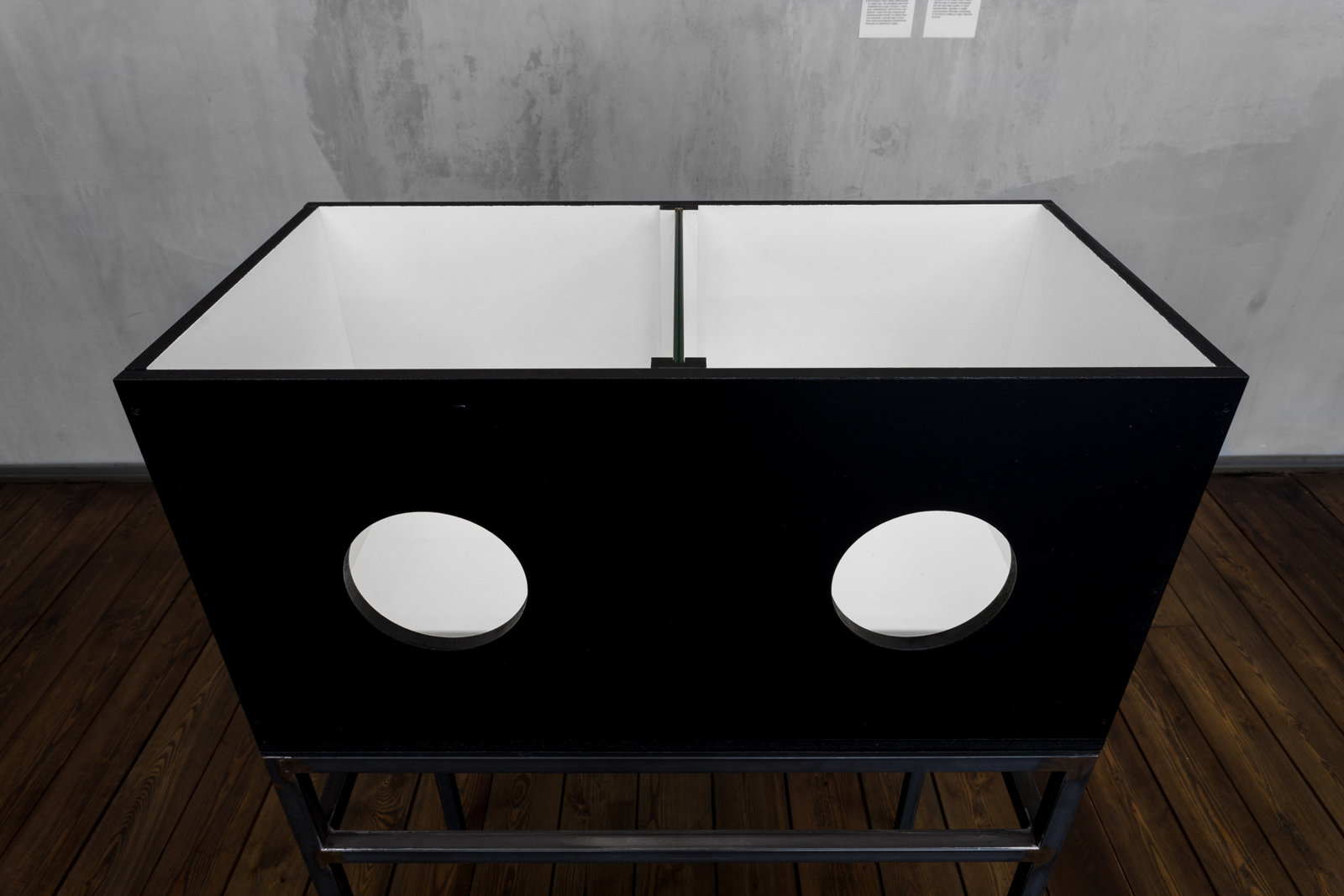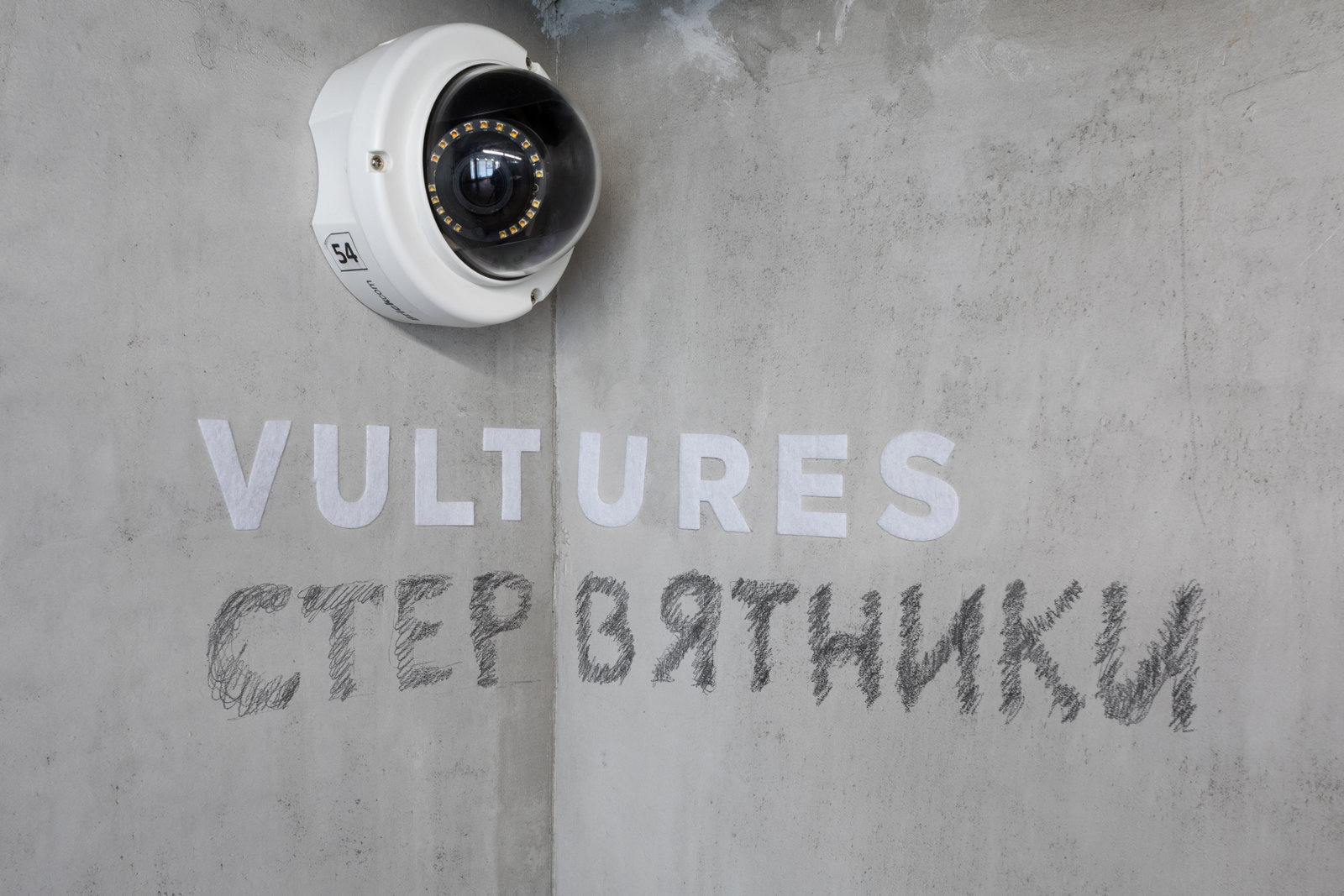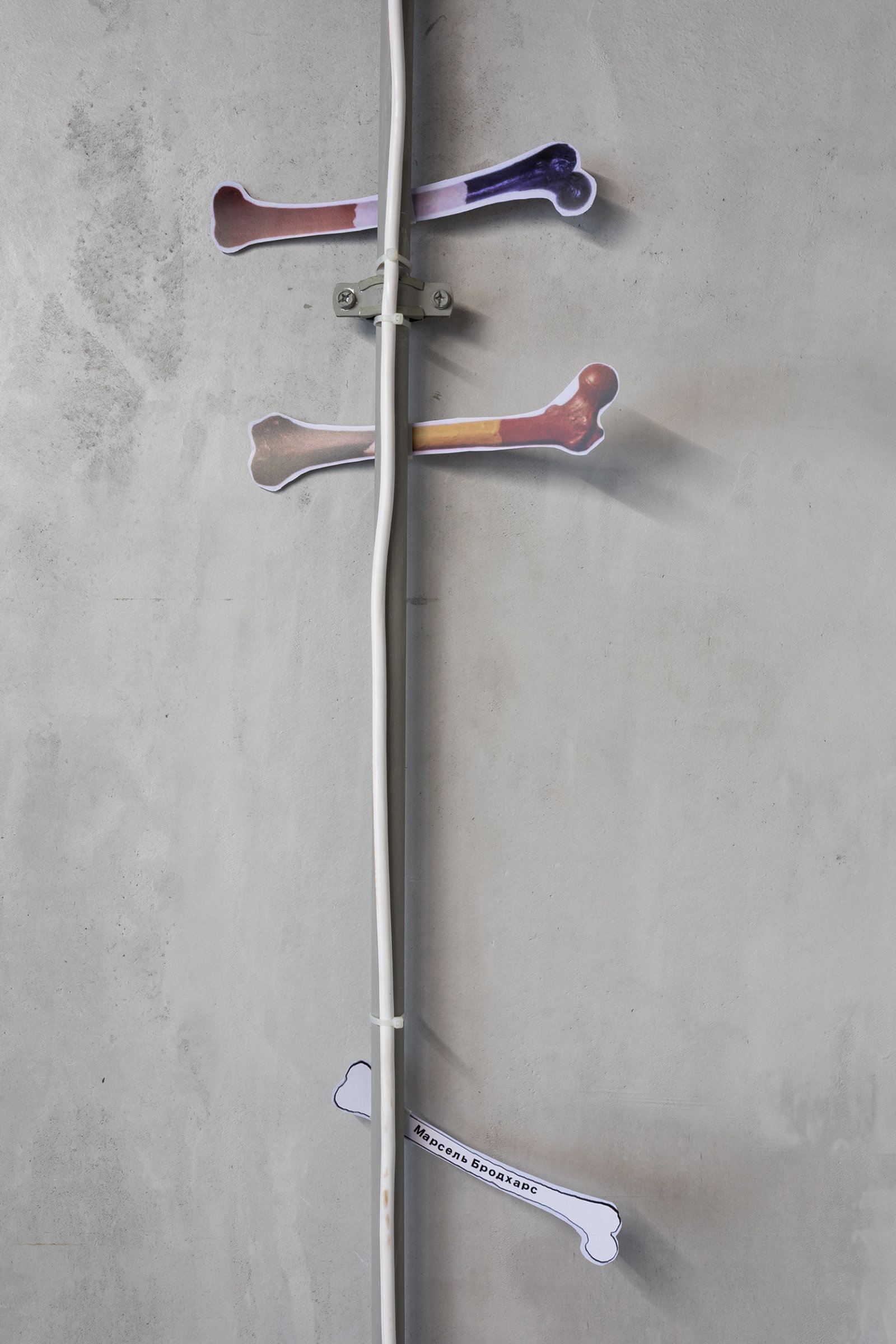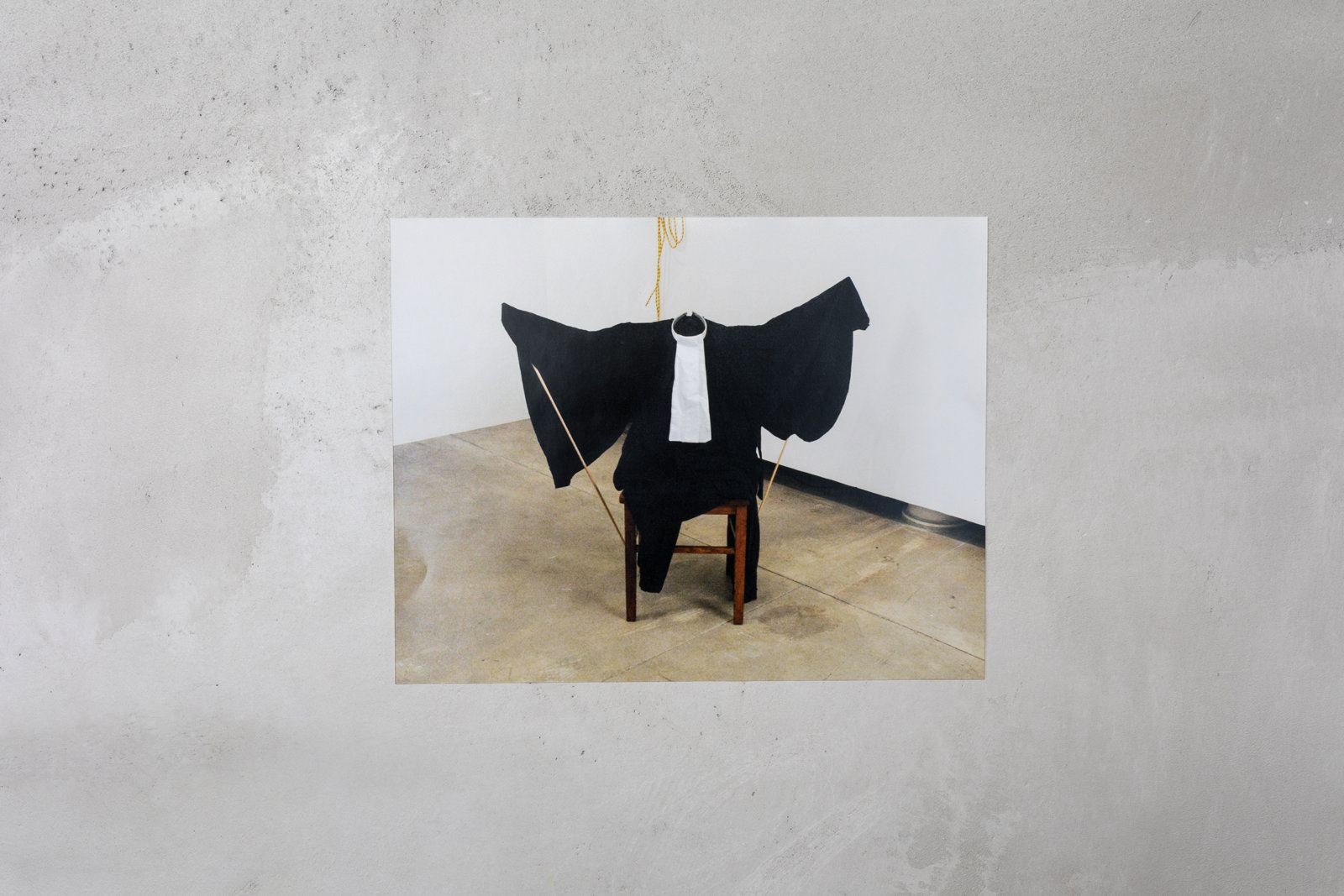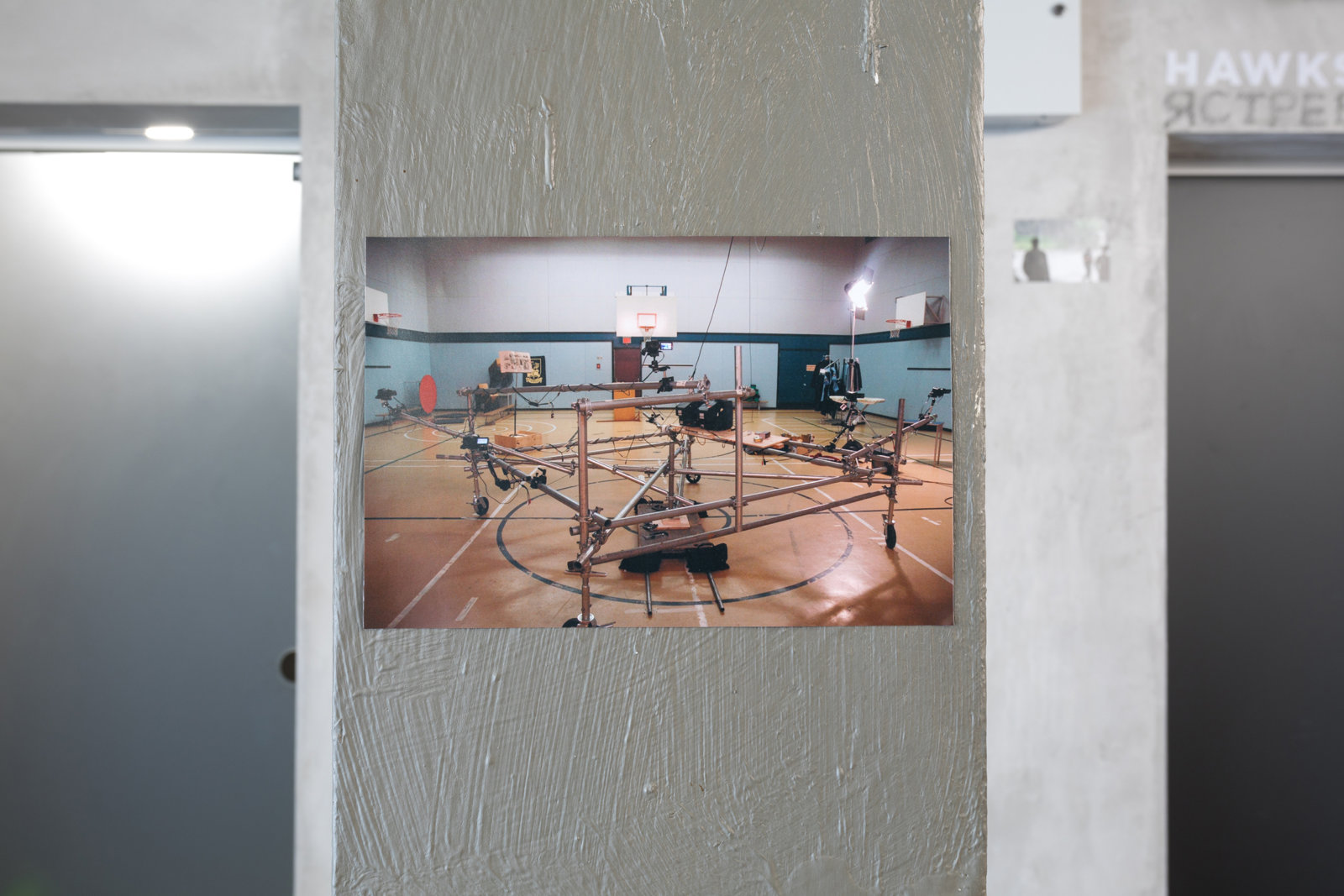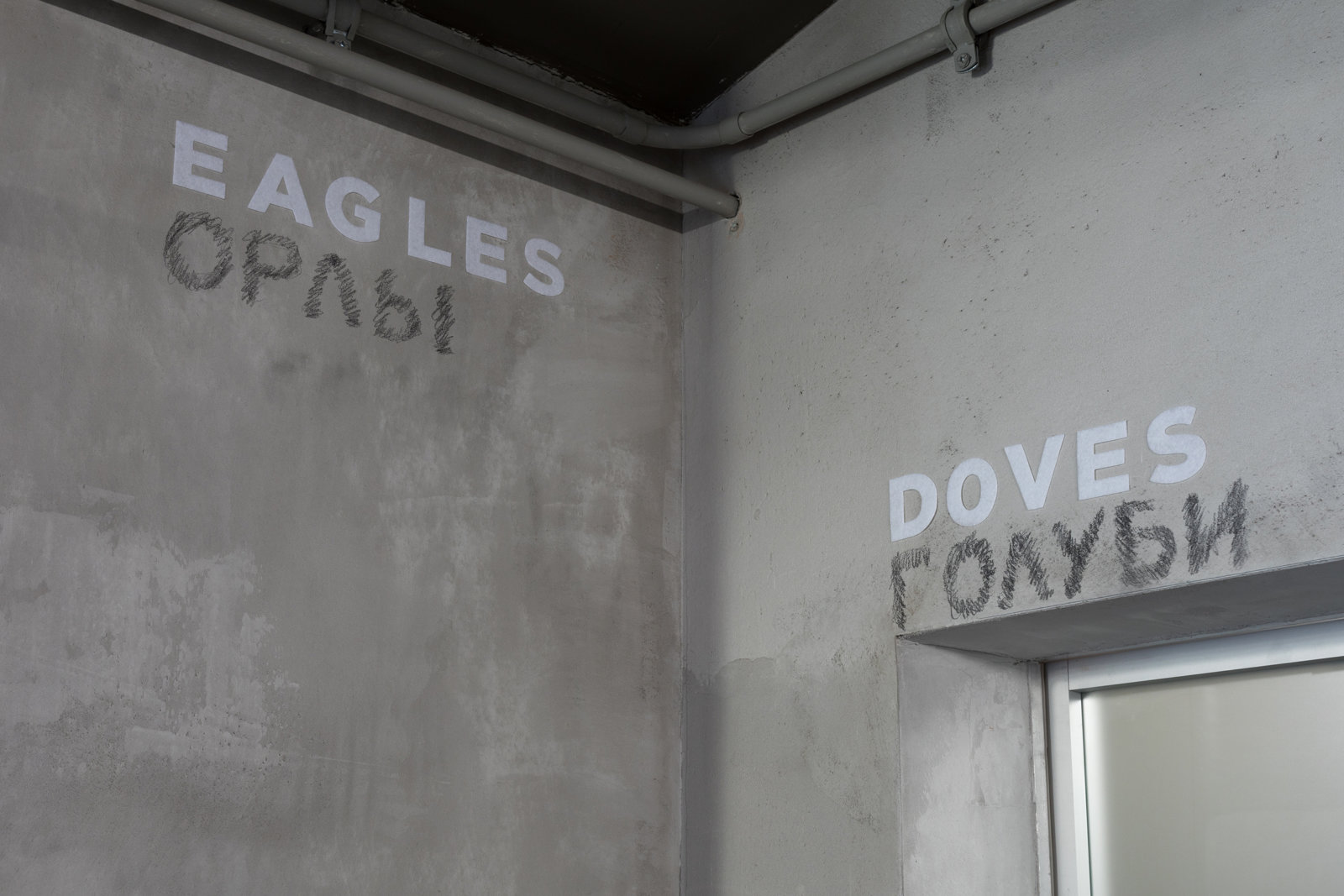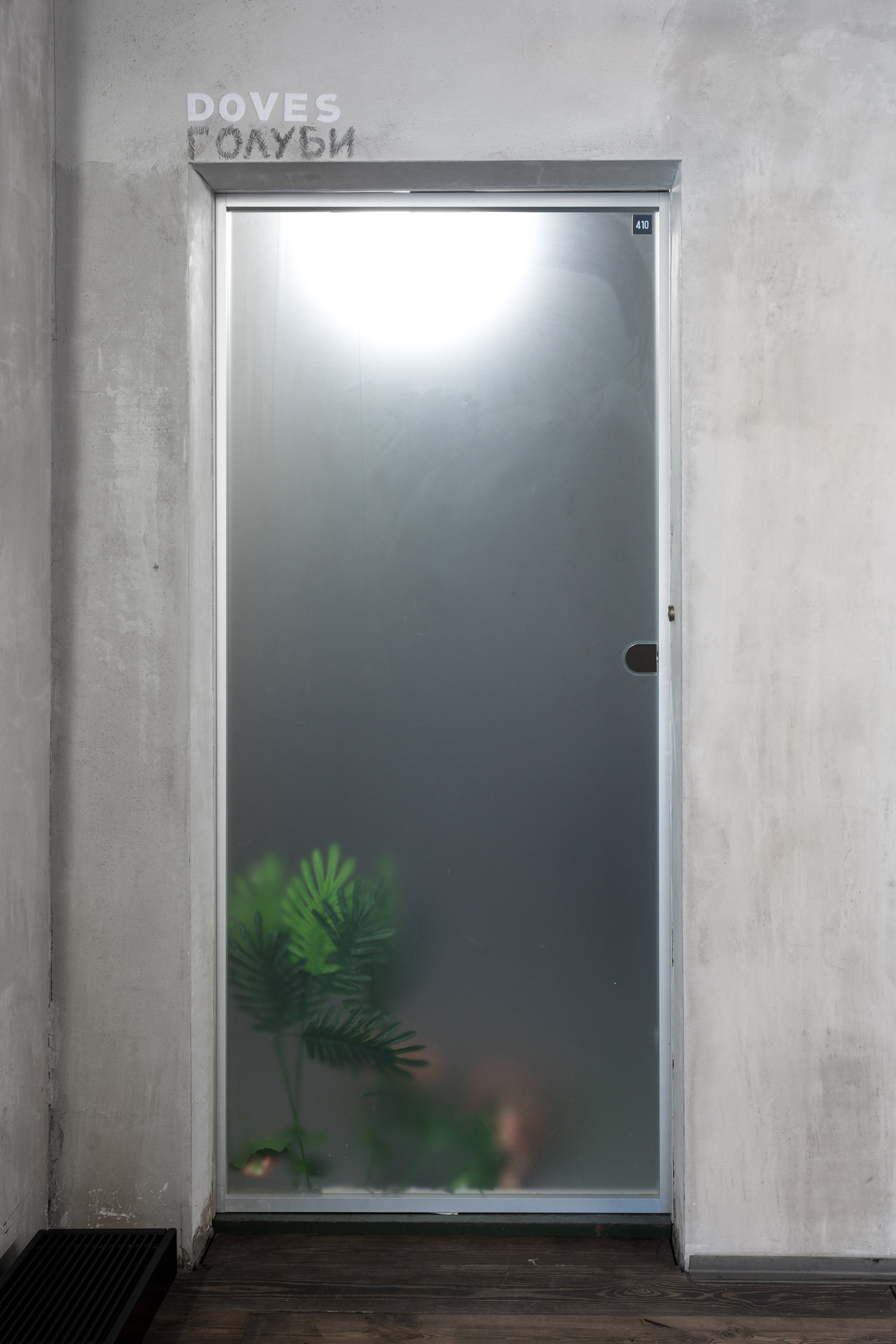Judy Radul – World Rehearsal Court, MARCH 30–APRIL 30, 2017
Judy Radul
World Rehearsal Court
March 30–April 30, 2017
GULAG History State Museum, Moscow, Russia
This spring, V-A-C Foundation and the GULAG History State Museum present Judy Radul’s multi-channel video installation World Rehearsal Court and a screening of Kristina Norman’s film A Monument to Please Everyone. The two presentations are the final part of the programme Process. Case Studies at the Museum which looks at ideas around historical representation, from the capacity of objects and images to embody reality and the limitations of the documentary form, to the complexity surrounding the depiction of historic trauma and violence. It is divided into sections which focus on subjects including evidence, hearings, landscape, observation and monuments, and features a range of international contemporary works alongside a series of talks and accompanying newspapers.
Judy Radul explores the performative aspects of the courtroom and the role of theatricality and new technologies in the justice system. Her multimedia installation World Rehearsal Court (2009) is the culmination of two years of research into the judicial processes of the Special Court for Sierra Leone and the International Criminal Tribunal for the former Yugoslavia. Investigating the role of video observation in the courtroom sessions, and questioning the concept of an unbiased court in an era of mass media imagery, Radul presents a series of pre-recorded courtroom scenes based on trial transcripts.
On 27 April 2017, a one day event will include a screening of Kristina Norman’s 2011 documentary film A Monument to Please Everyone, followed by a discussion around the role of memorials in contemporary Russia. Norman’s work often explores issues around collective memory and the film looks at Estonian identity through the process of building the country’s main national monument—The War of Independence Victory Column. The 4th newspaper in the series will be published to coincide with the opening of Judy Radul’s exhibition and includes two essays, ‘Video Chamber’ by Radul and ‘Marble Columns and Jupiter Lights: Theatrical and Cinematic Modeling of Soviet Show Trials in the 1920s’ by Julie A. Cassiday. The publication also features a new interview by Anna Ilchenko with Russian lawyer Kirill Koroteev from Russian historical and civil rights society Memorial. The interview discusses the role of video in the European and Russian courts and how it defines perceptions of historical events.
Process. Case Studies at the Museum aims to highlight themes and intersections of expertise and interest between the art community and historians, archivists and other specialists working in this field and form the basis for an ongoing art and theory platform. It is part of V–A–C’s long term programme to introduce contemporary art to non-art museums, as a way of dialoguing with the structure, exploring its identity and contents, and of encouraging many different audiences to engage with contemporary art.
Documentation by Ivan Erofeev.
